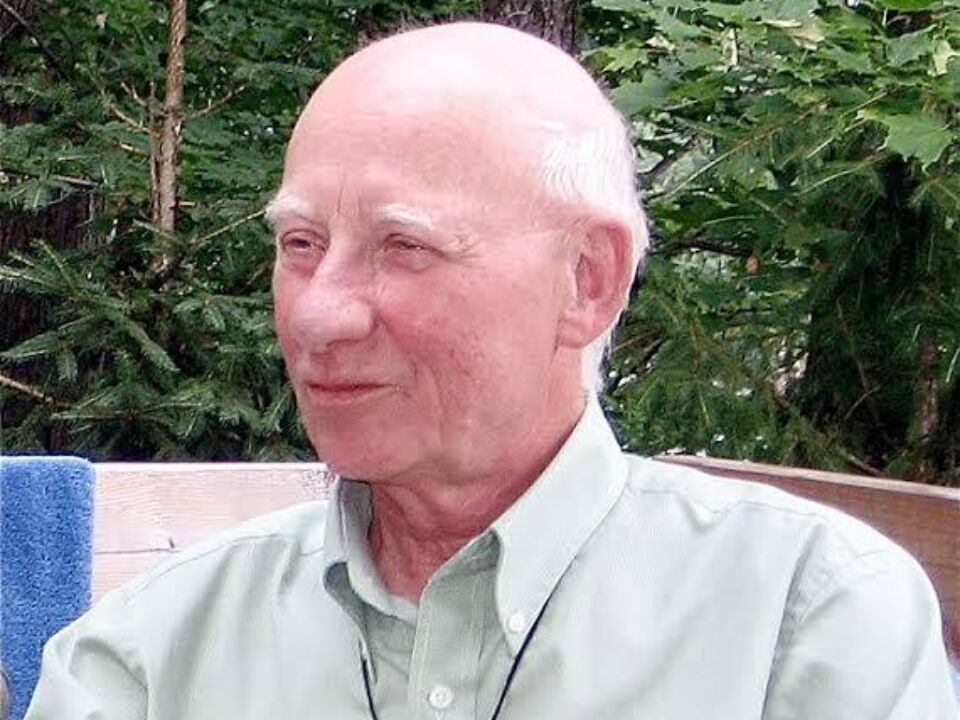
Raison de vivre ou de mourir (Reason for Living or Dying), Translated by Scott Marentette
from Paul Chamberland's Terre Québec/L'afficheur hurle et de l'inavouable (Éditions de l'Hexagone, 1985)
Raison de vivre ou de mourir
je ronge ma nuit
petit mammifère en déroute
au bord des forêts flambées
petite chose des espaces
hochets des dieux aveugles
je n'écrirai point mon nom
sur la fontaine et le pain
sur le chemin de la raison
sur la pierre du matin
ma prison déjà me dévore
et je suis cendre au coeur du feu
plaie dans la gorge de juillet
or nous vivons encore nous saignons
nous dressons du moins notre mort
claquant drapeau dans le vent des hommes
en nous
fossoyés mais drus
ce qu'il y a de cris dans les luzernes de nos coeurs
ce qu'il y a de matins dans le canon de nos yeux
et de caresses aux jardins saccagés de nos bras
au plus profond de l'agonie l'étoile de nos sangs liés
ressurgit sans appel au fronton de l'histoire
—hommes ayez pitié de sa brève beauté—
cet âge scellera notre aurore ou notre tombeau
droit aux lunes rouges d'avril
sous le casque sanglant des nuits
dans la cuirasse des vents chauds
descendre au large corps du fleuve
fourbir jusqu'en sa racine la foudre
pour la dresser aux cents chemins de colère
lanière cinglant la croupe de l'ombre
en nos corps criblés de sève
en notre sang terre assaillie d'aurore
nous fondrons l'espace au feu d'un pays
Reason for Living or Dying
I gnaw my night
a little mammal routed
at the edge of the flaring forests
a small thing of the spaces
rattles of the blind gods
not at all will I write my name
on the fountain and the bread
on the road of reason
on the morning stone
my prison already devours me
and I am ash at the heart of fire
wound in the throat of July
yet we still live, we bleed
we lay out at least our dead
flag snapping in the wind of men
in us
grave-dug but heavy
what there are of cries in the alfalfa of our hearts
what there is of the mornings in the cannon of our eyes
and of caresses in the devastated gardens of our arms
at the depths of agony the star of our bound blood
resurges without call at the pediment of history
—men, have pity for its brief beauty—
this age will seal our dawn or our tomb
straight to the red moons of April
under the bloody helmet of night
in the breast-plate of the hot winds
descending to the large body of the river
burnishing down to its root the lightning warrior
in order to lay it out on the hundred roads of anger
lash stinging the croup of the shadow
in our bodies swollen with sap
in our blood earth buffeted with dawn
we will melt the space in the fire of a country
Scott Marentette teaches literature, theory, culture, and writing at various universities and colleges in and around Toronto.


